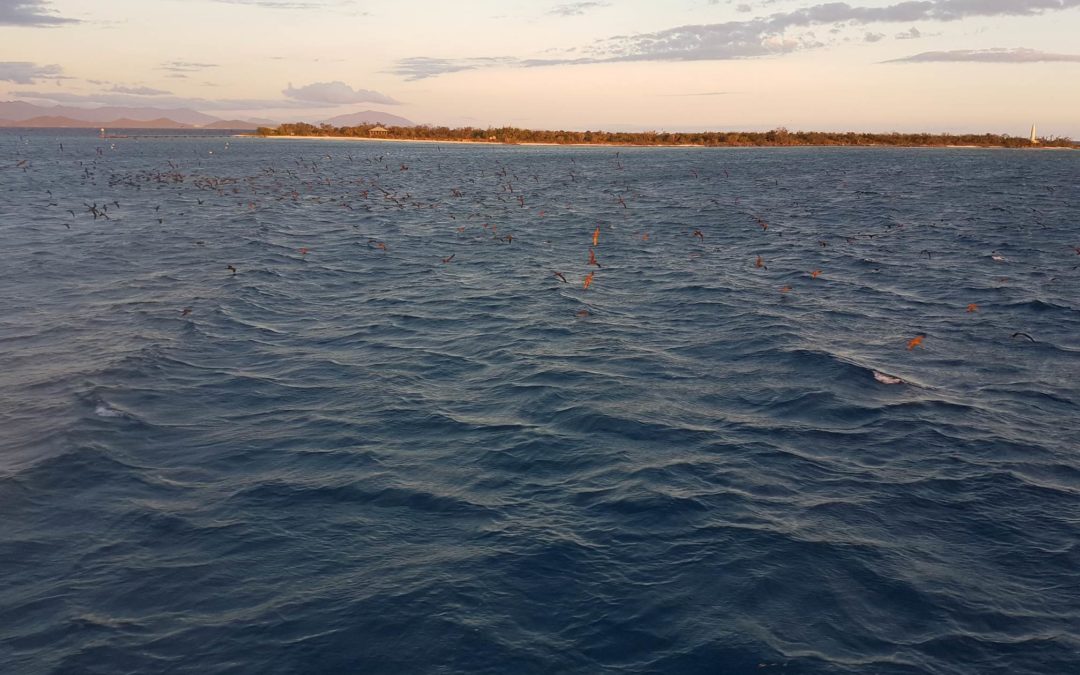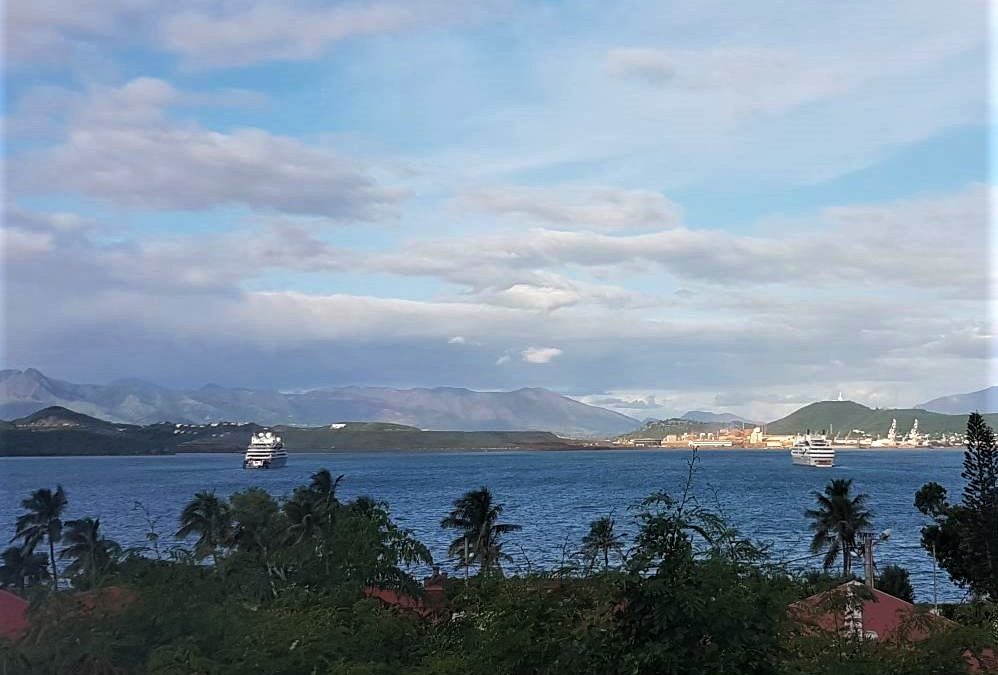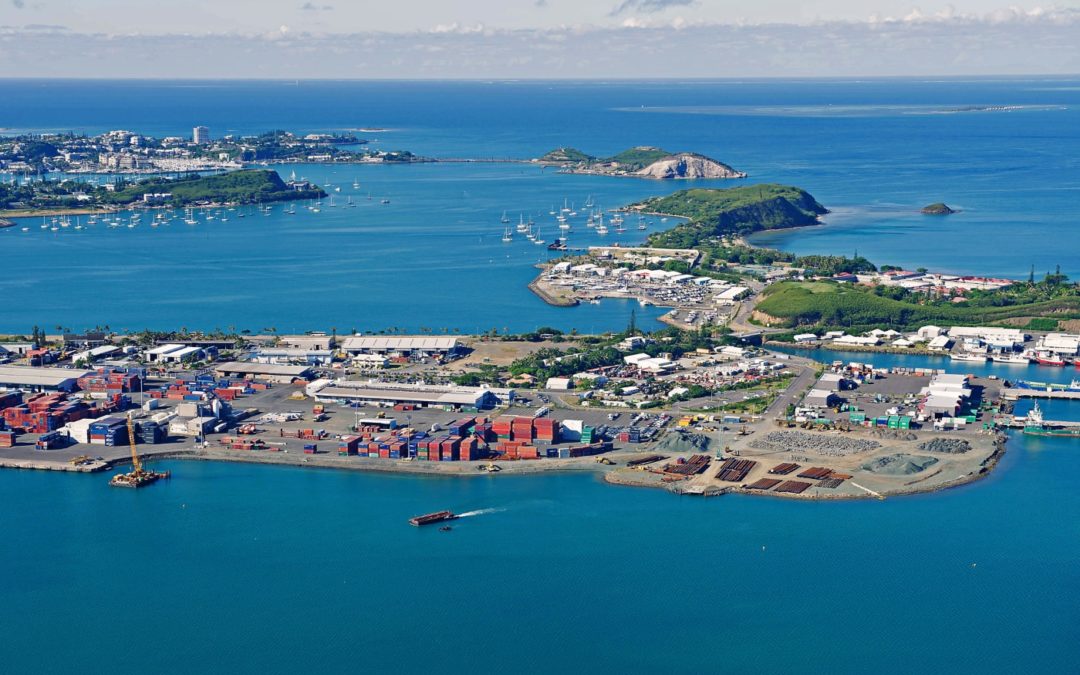
by cabav_matthieu | Mar 23, 2022 | Public law
“Do you want New Caledonia to accede to full sovereignty and become independent?” The Nouméa Accord (1998) provided for the organization of a third vote in the event of two successive victories of the “no” vote, which occurred in 2018 and 2020....

by cabav_matthieu | Mar 22, 2022 | Environmental law
New Caledonia created an XXL marine reserve in 2014 that spans over its entire marine territory (exclusive economic zone, EEZ). Following a world trend to accelerate protection of seas and oceans through immense protected areas, New Caledonia, and the French state,...

by cabav_matthieu | Mar 17, 2022 | Business & Trade Law, Environmental law
New Caledonia finds itself, more than ever in its history, torn between economic development and the conservation of its natural and biological resources. In 2022, the increase in demand for nickel and the decrease in supply sources caused by the retaliatory trade...

by cabav_matthieu | Mar 8, 2022 | Business & Trade Law
The European Union adopted the first anti-money laundering Directive in 1990 in order to prevent the misuse of the financial system for the purpose of money laundering. It provides that obliged entities shall apply customer due diligence requirements when entering...

by cabav_matthieu | Mar 7, 2022 | Environmental law
In New Caledonia, the development of electricity generation has mainly been driven by the needs of the mining industry. Throughout 2013, environmental concerns focused on the choice of fuel for the new Société Le Nickel (SLN) power plant, which is located in the urban...
by cabav_matthieu | Nov 4, 2021 | Environmental law
The creation of protected areas, whose purpose is the control of activities and restrictions of access, represents the optimal protection for fragile biotopes. Once a natural protected area is consolidated, its durability is assured. Authorization to destruct (for...

by cabav_matthieu | Feb 19, 2021 | Business & Trade Law
International economic law corresponds to the set of rules governing commercial interactions between states. Its main purpose is to limit and harmonize protectionism measures and to facilitate international trade in products and services. In the recent years and...








Recents comments